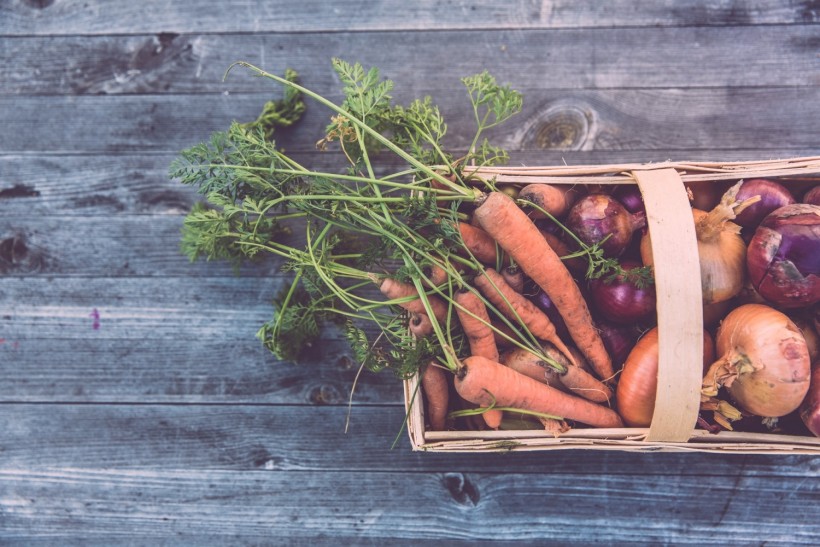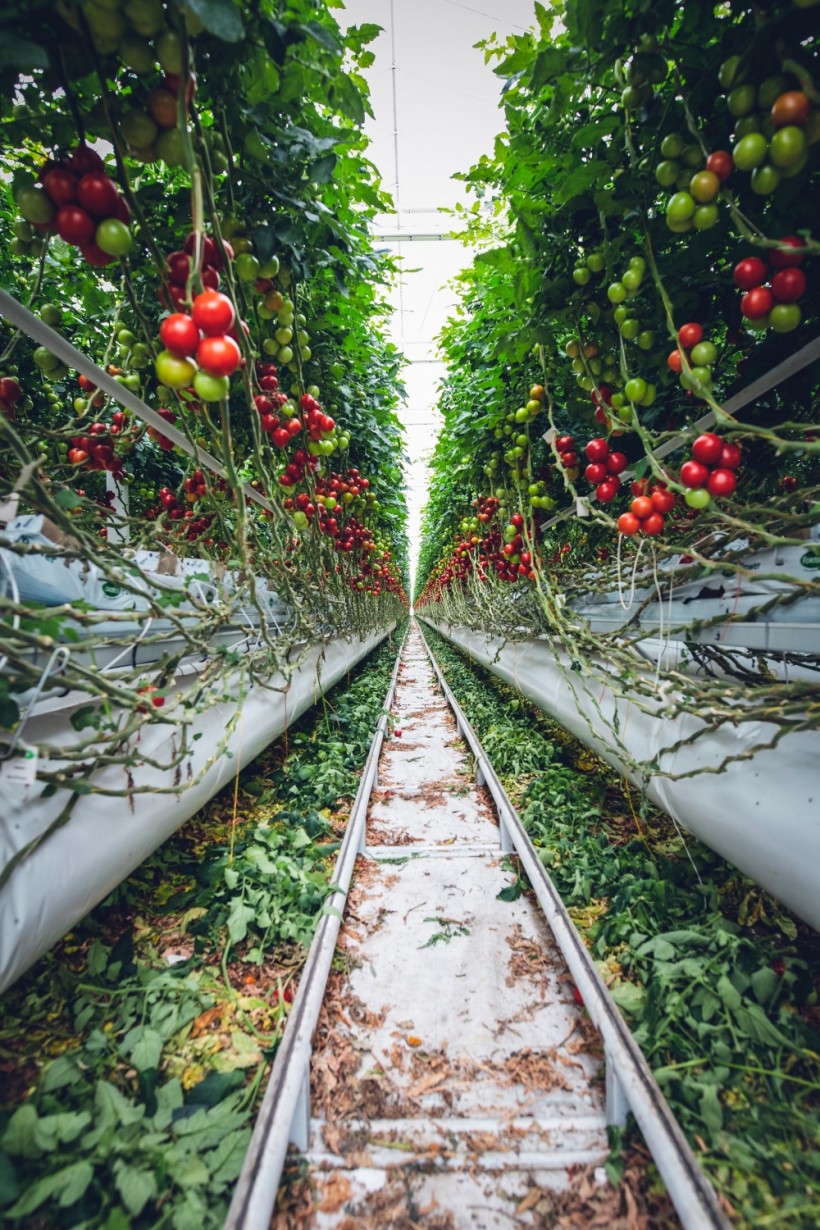Although food is a vital component of our daily life, how we produce and consume it has a significant impact on not only our health but also the longevity of our planet.

Regrettably, a huge amount of greenhouse gas emissions, deforestation, and pollution are caused by the food industry's massive quest for quick, simple, and inexpensive food. This goal has come at the expense of our ecosystem.
According to Climate Reality Project, the good news is that there is still time to take action, and with enough cooperation, we can turn this situation around.
Also Read: Pet Food to Human Consumption: Insect Farming Launches Ambitious Goal
Food Security

The topic of food security is complete. While sustainability focuses on halting deterioration, regenerative food practices further safeguard the food systems that will be passed down to future generations. Regenerative agriculture, which emphasizes biodiversity and soil health, uses cover crops, crop rotation, and organic fertilizers to enhance soil quality, capture carbon, and boost yields.
Consider the soil acting like the skin of our planet if you're unsure why this is significant. It is a barrier and an essential layer, holding water, nutrients, vital organisms, and organic debris. We cannot raise high-quality food without a healthy environment. This is a major issue because the Food and Agricultural Organization estimates that one-third of our soil has degraded and that food consumption is expected to increase by up to 50% by 2050.
But moving away from traditional farming's linear "take-make-waste" model and toward one that is more circular and closes supply networks is necessary for the transition to regenerative food systems. Connecting producers and consumers may build more regional food systems resilient to shocks and disruptions. This entails decreasing waste, reusing resources, and recycling materials.
Of course, given the dominance of big agribusinesses and the industrial food system, this is easier said than done. And because of this, it is essential to start building this more sustainable food system by assisting small-scale farmers and producers who promote regenerative approaches.
How can we ensure that agriculture is sustainable for producers, companies, and the environment? The solution is right under our noses, in sound soil. According to the Food and Agricultural Organization of the UN, a third of the world's soil has moderate to severe degradation.
Regenerative Farming
Cover crops and other regenerative farming techniques can aid in preserving and replenishing it. The issue is that farmers may need help to use these new strategies because of the high upfront expenses and frequently challenging learning curves.
Regenerative agriculture is a set of farming methods that emphasizes soil health while paying attention to water management, fertilizer use, and other factors. It aims to restore and improve the farm's complete ecosystem. According to the Rodale Institute, it is a farming technique that "Improves the resources it uses, rather than damaging or depleting them."
Redefining Agriculture
Regenerative agriculture is defined as agriculture that is doing just that, according to Kiss the Ground, a nonprofit dedicated to sustainable farming methods that enhance soil health.
Regenerative agricultural approaches boost soil biodiversity and organic matter, making soils more resilient and better able to endure the effects of climate change, such as flooding and drought. Strong yields and nutrient-rich crops result from healthy soils. Moreover, it reduces runoff and erosion, improving water quality on and off the farm.
Regenerative farming techniques are crucial because they remove carbon from the atmosphere and store it underground, aiding the fight against the climate problem.
Related Article: Plant Based Meat Alternatives Can Dent Conventional Meat Market by 2025
For more news update about alternative lifestyle and the environment, don't forget to follow Nature World News
© 2024 NatureWorldNews.com All rights reserved. Do not reproduce without permission.





